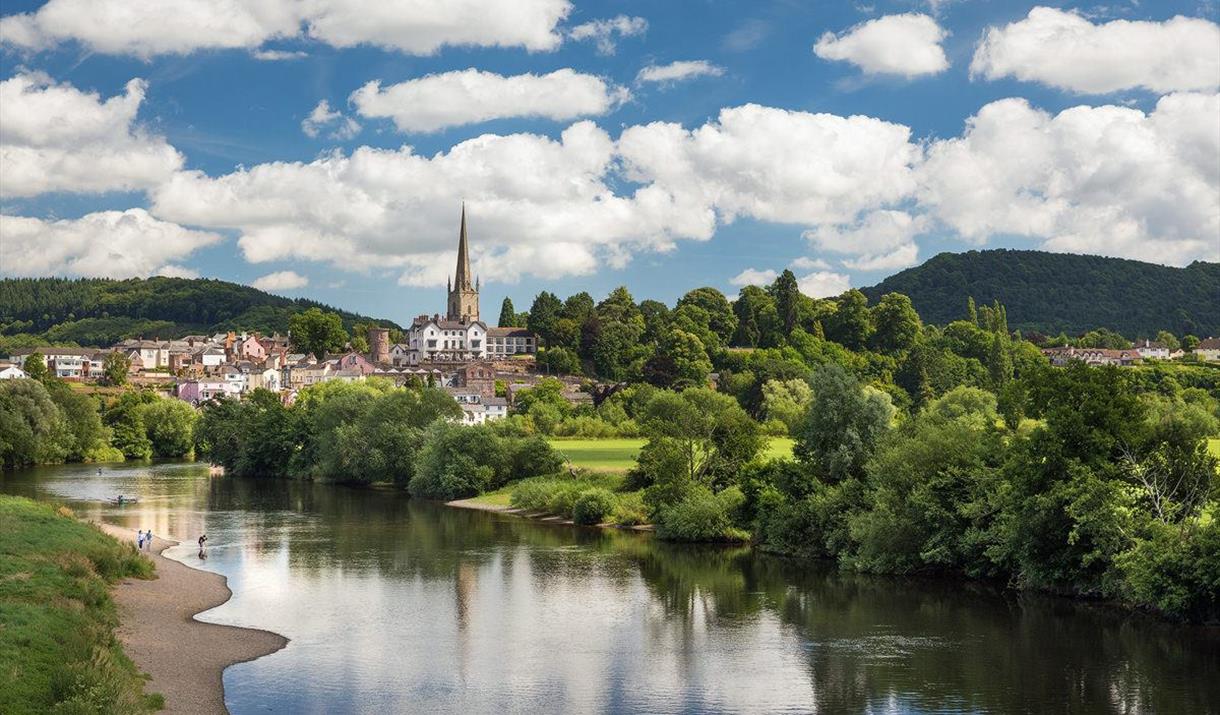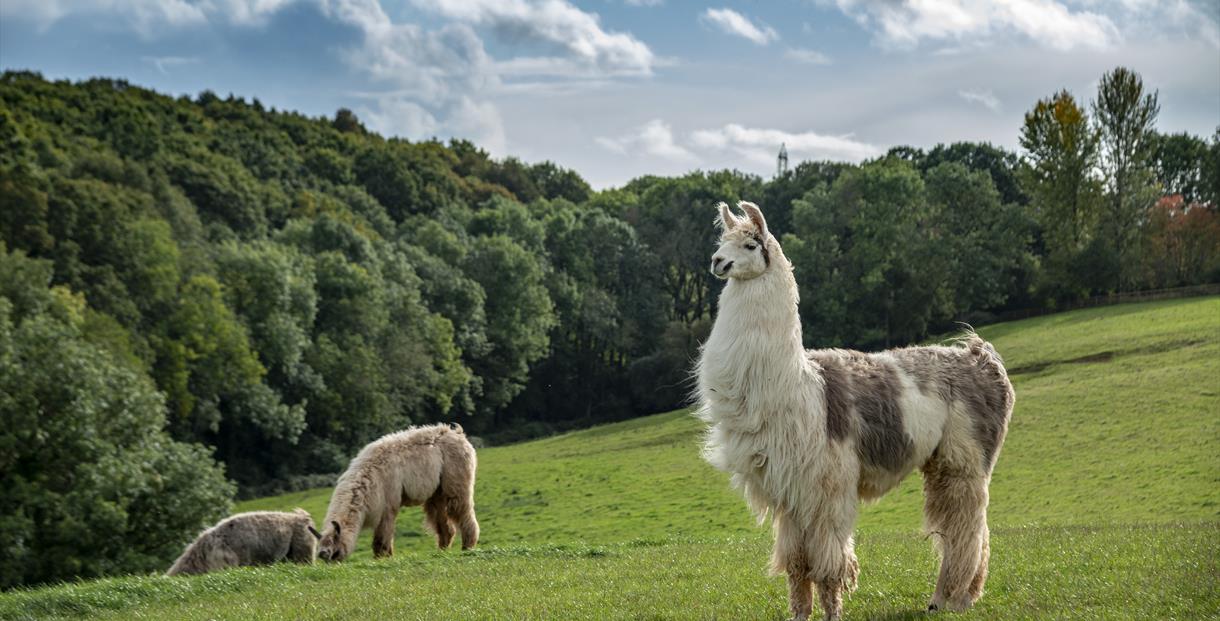When we think of “heritage” in our part of the world, we often as not think of the Market Houses and black and white buildings of our town centres. But truth be told, the lanes and footpaths, woods and hedgerows surrounding our towns are as much a part of our heritage as the towns themselves: and often date back even further.
The route from Ledbury through Dymock and Newent to Gloucester is a good example. An ancient route. Prehistoric people must have gone this way following the river Leadon, the Roman road certainly did, and then much later, both the short lived Ledbury-Gloucester canal (1798-1881) and the Ledbury-Dymock-Newent-Gloucester railway (1885-1959) also went this way.
They all took this 17 mile line of least resistance to Gloucester, avoiding the hills but just out of the marsh. Of course the Daffodil 232 bus takes a different route from Newent for here it turns west, climbing out of the river valley of the Leadon, into the river valleys of the river Wye tributaries to Ross, but for much of its way it too follows in the ancient footsteps of the Leadon.

In this article, I am going to look at just a small part of the route, that bit of countryside North Each of Dymock around Hockington and Brooms Green. It is a land dominated by the river Leadon, which though small is still impossible to cross without a bridge and regularly floods creating the alluvial soils in many of the fields. At the time the railway was being built this bit of countryside was a hedged and lushly pastured place and the very centre of daffodil country.
It was a land of trees and small hedged fields, etched out of woodland over the centuries by hand tools and hard work, hence the daffodils that survive in the hedgerows, for they are a woodland or wood pasture plant. Sadly most of the trees and many of the hedges are gone, victims of the good soils that produce such valuable crops, but the deep curving roads and many footpaths survive from earlier times.
Another survivor are the moated sites, I saw no less than four on my five mile walk in January, that took me from Dymock church, to Knights Green, on to Donnington Park and then south to Bellamys and Greenways and then back to Dymock. Moats are semi defensive houses dating to the 12th C AD, when defence from raiders was still important. Moats are typically found in country prone to flooding and wooded, just like this Dymock country in fact. Though Greenways and Donnington moats are filled in Knights and Bellamy’s still survive, though the latter has a modern house built on it.
The canal and railway did not fare so well, they have all but disappeared though traces remain in places and are confusing, at least to me – why is the canal so raised up at Windcross by Dymock for example? Both were built to take agricultural products (including daffodils) out of the county and coal and other heavy goods into it, but were destroyed within a hundred years as they were not ‘economic’ (NB as though transport can ever be economic!).

To explore this bit of land I took the 9.10 Daffodil Bus from the Market House in Ledbury getting off at Dymock at 9.30 and followed the Poets Path from the church going east to Knights Green, where I looked at the moated site, then went N to Brooms Green, then to Donnington and back broadly following the route of the Daffodil Line train and canal line, though on footpaths, to arrive back at the Church and Beauchamp Arms around 1.30, still in time for lunch (open Wed to Sun, 12 to 2.00 p.m. and in the evening) and catching the 14.44 back to Ledbury.




